Cart totals
| Subtotal | €19.00 |
|---|---|
| Shipping |
Shipping options will be updated during checkout. |
| Total | €25.27 (includes €2.09 VAT) |
| Subtotal | €19.00 |
|---|---|
| Shipping |
Shipping options will be updated during checkout. |
| Total | €25.27 (includes €2.09 VAT) |
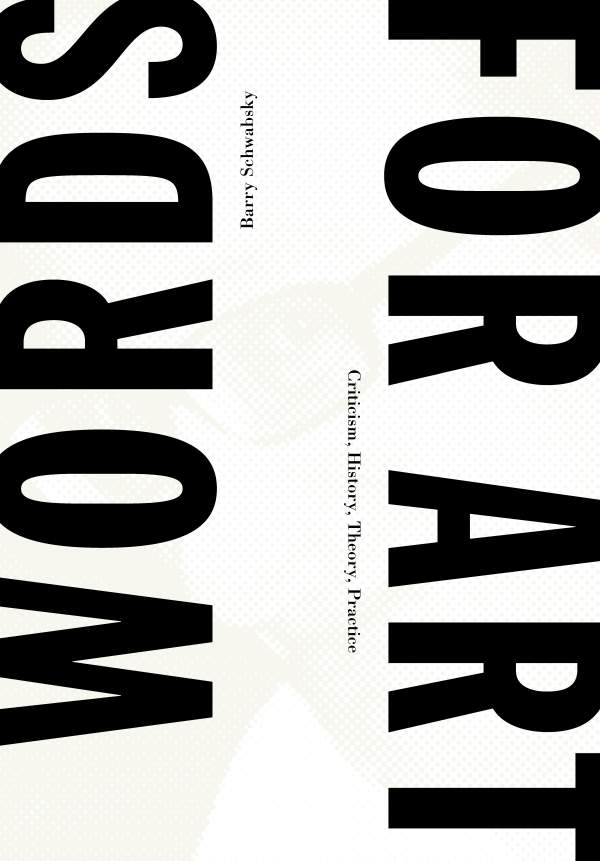
The twenty book reviews and essays in this new title from Barry Schwabsky, longtime art critic for The Nation, were written across as many years and for as wide a breadth of publications. Though originally conceived as a book of essays on painting, Schwabsky’s diverse interests in literary theory (he cites giants Paul de Man and Roland Barthes as influences) and philosophy bring new perspectives to this collection. Walter Benjamin’s views on color, E. H. Gombrich’s theory of perception, Mel Bochner’s and Liz Kotz’s narratives of Conceptualism, and Sarah Thornton’s peregrinations in the “art world” are but a few of the topics explored. In an era of hyper-specialization and rigid academic protocols, Barry Schwabsky revives a form of criticism one imagined barely existed—a criticism of varied interests and passionate opinions.
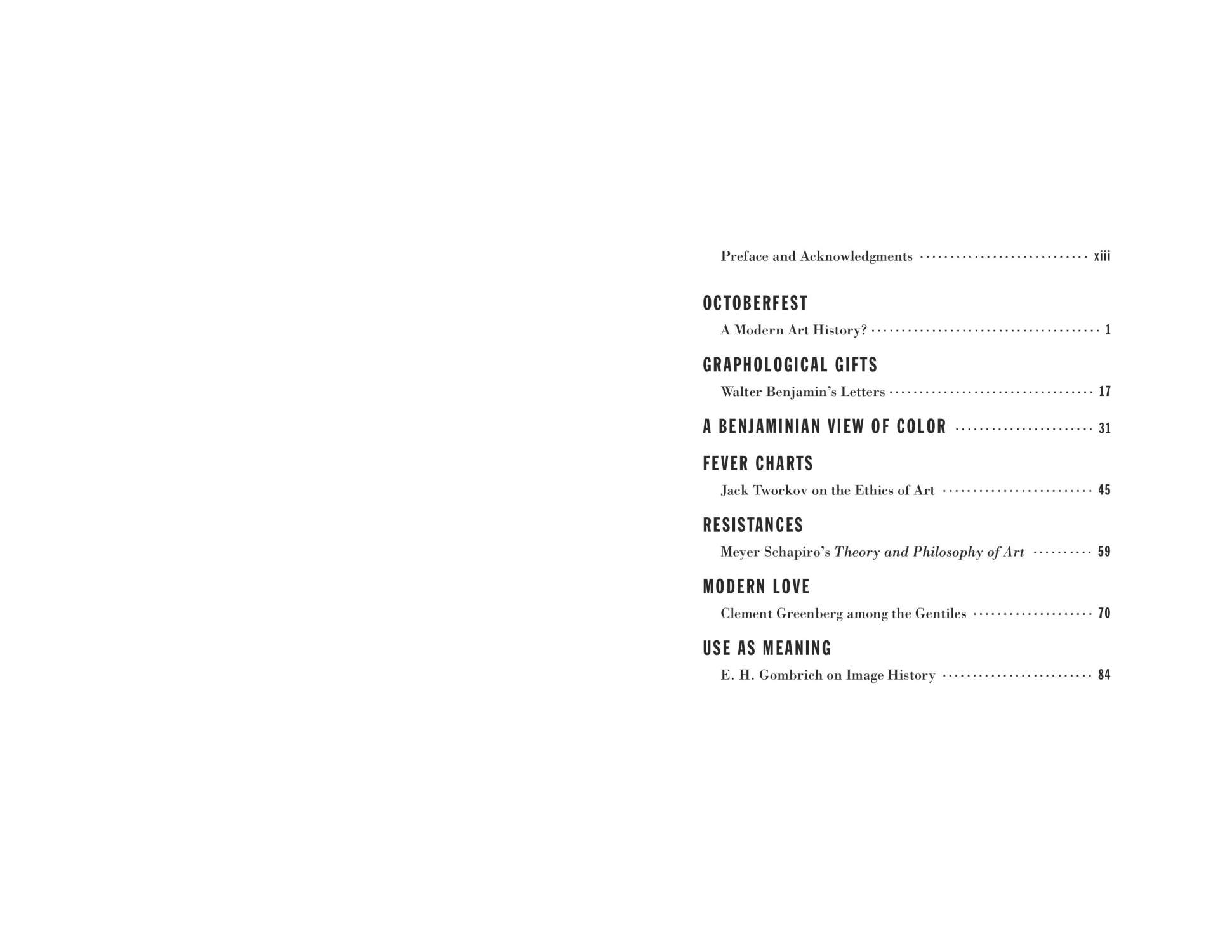
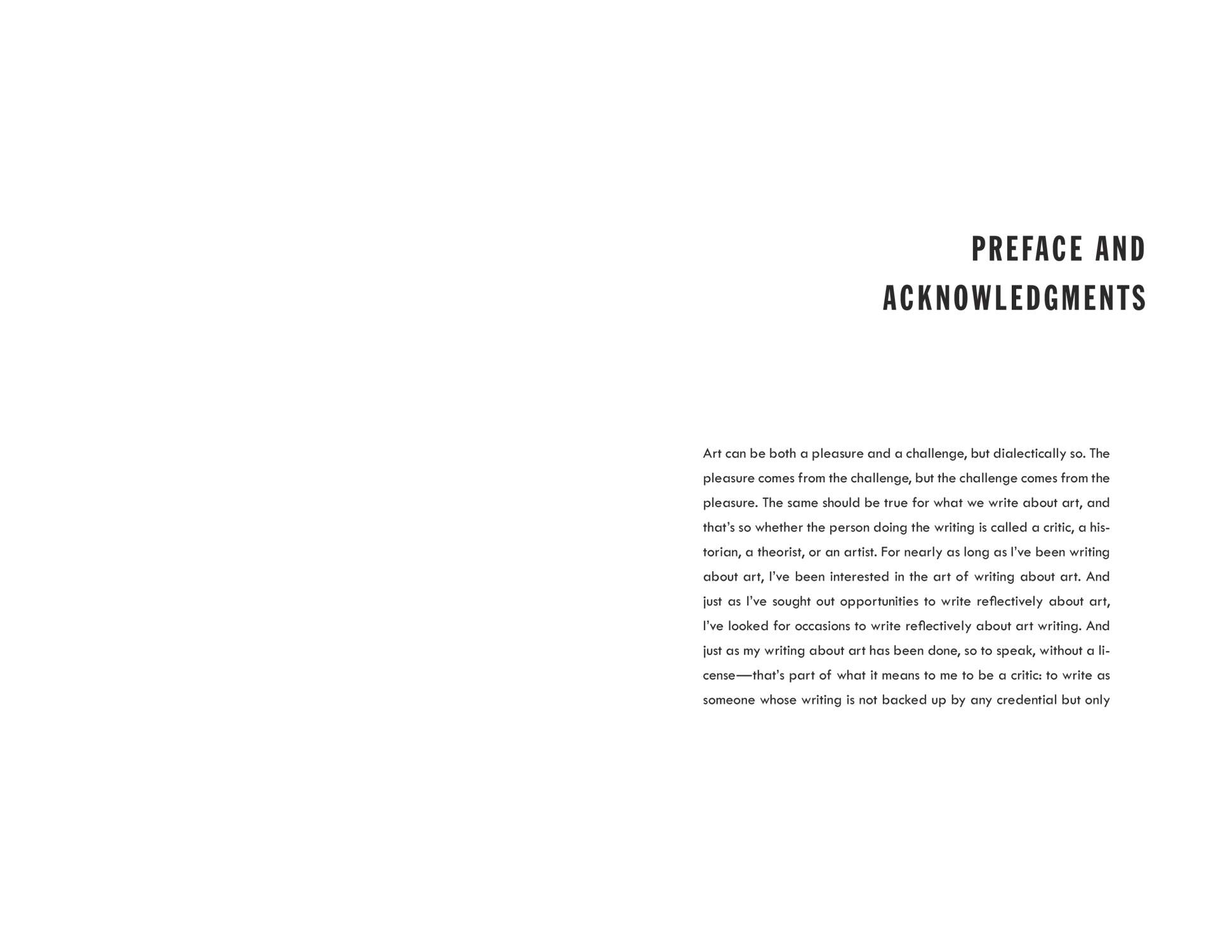
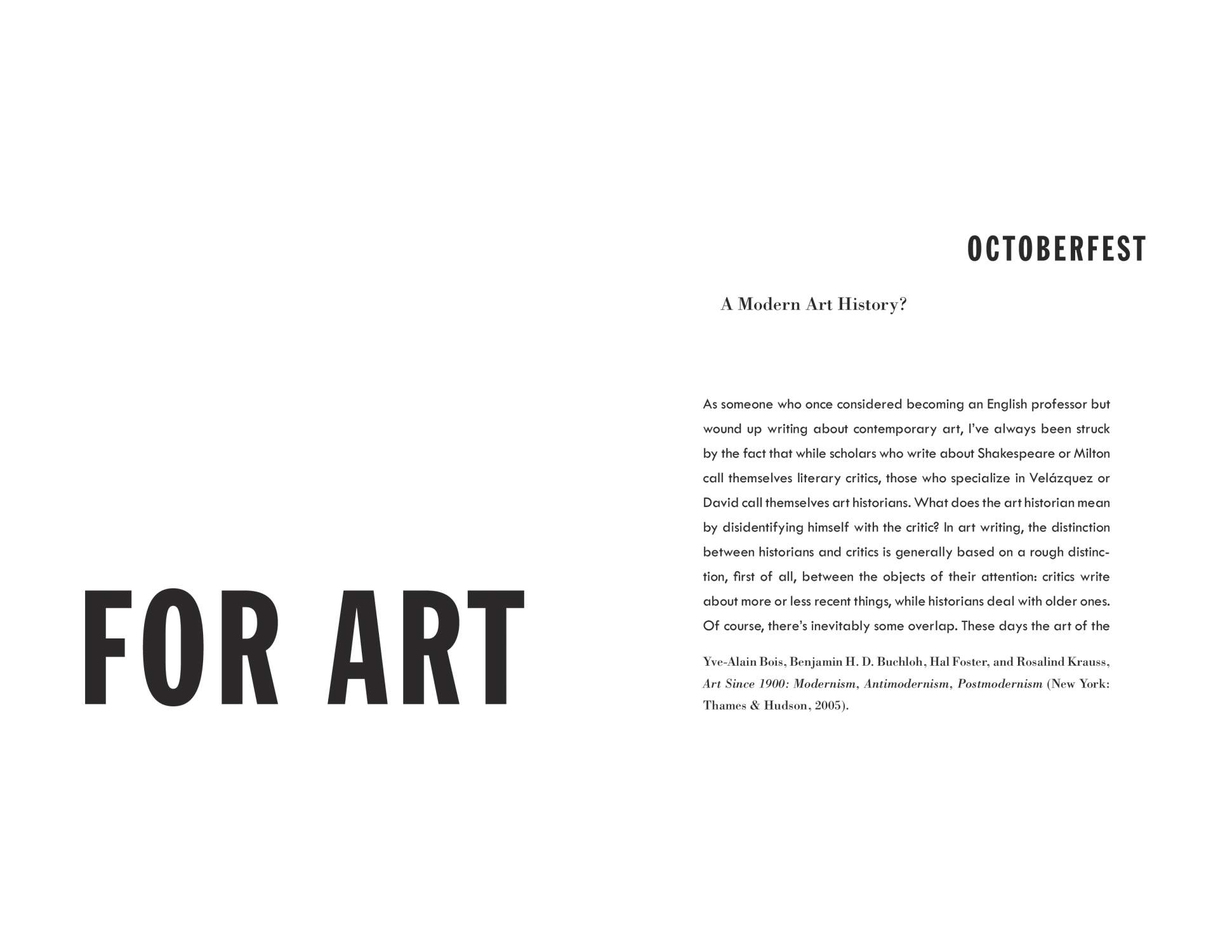
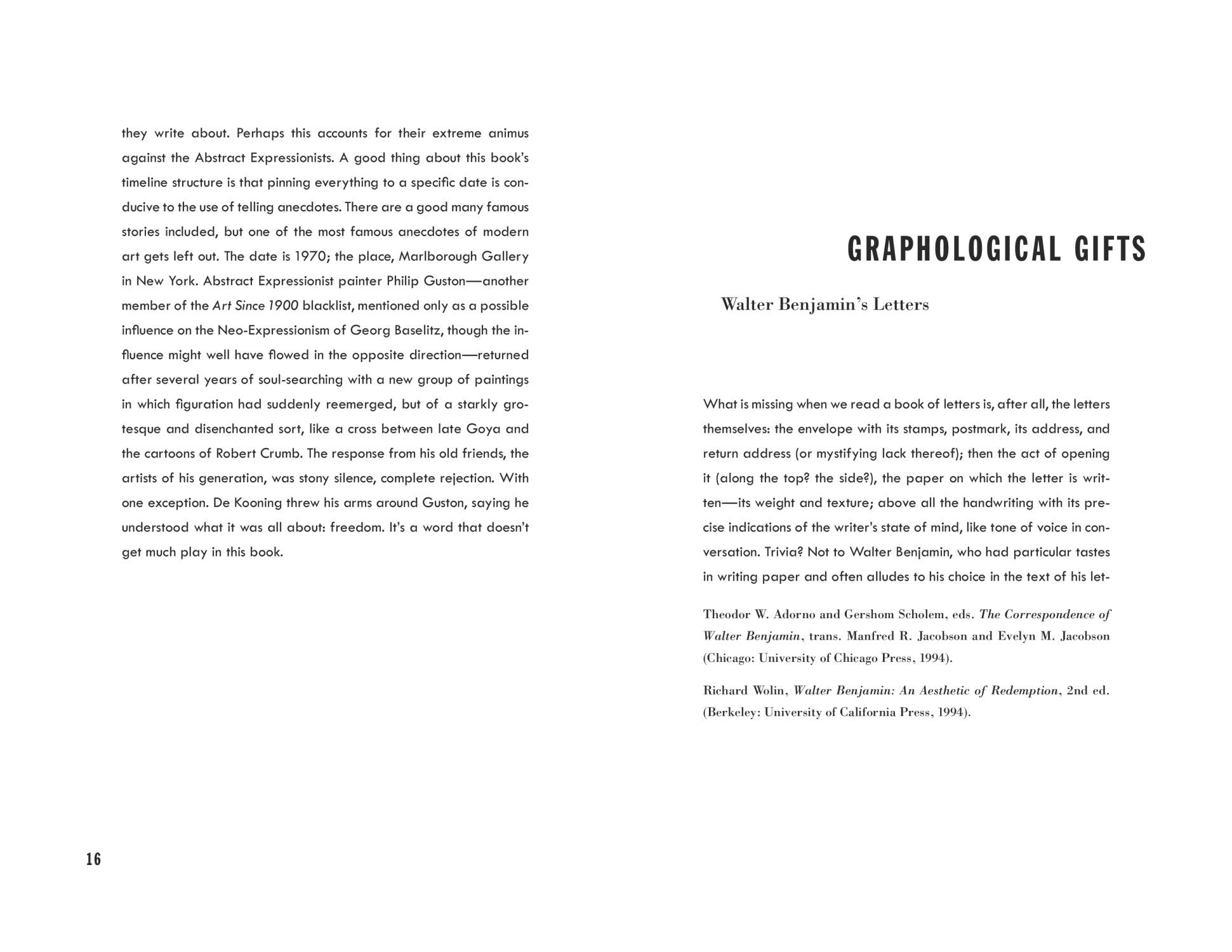
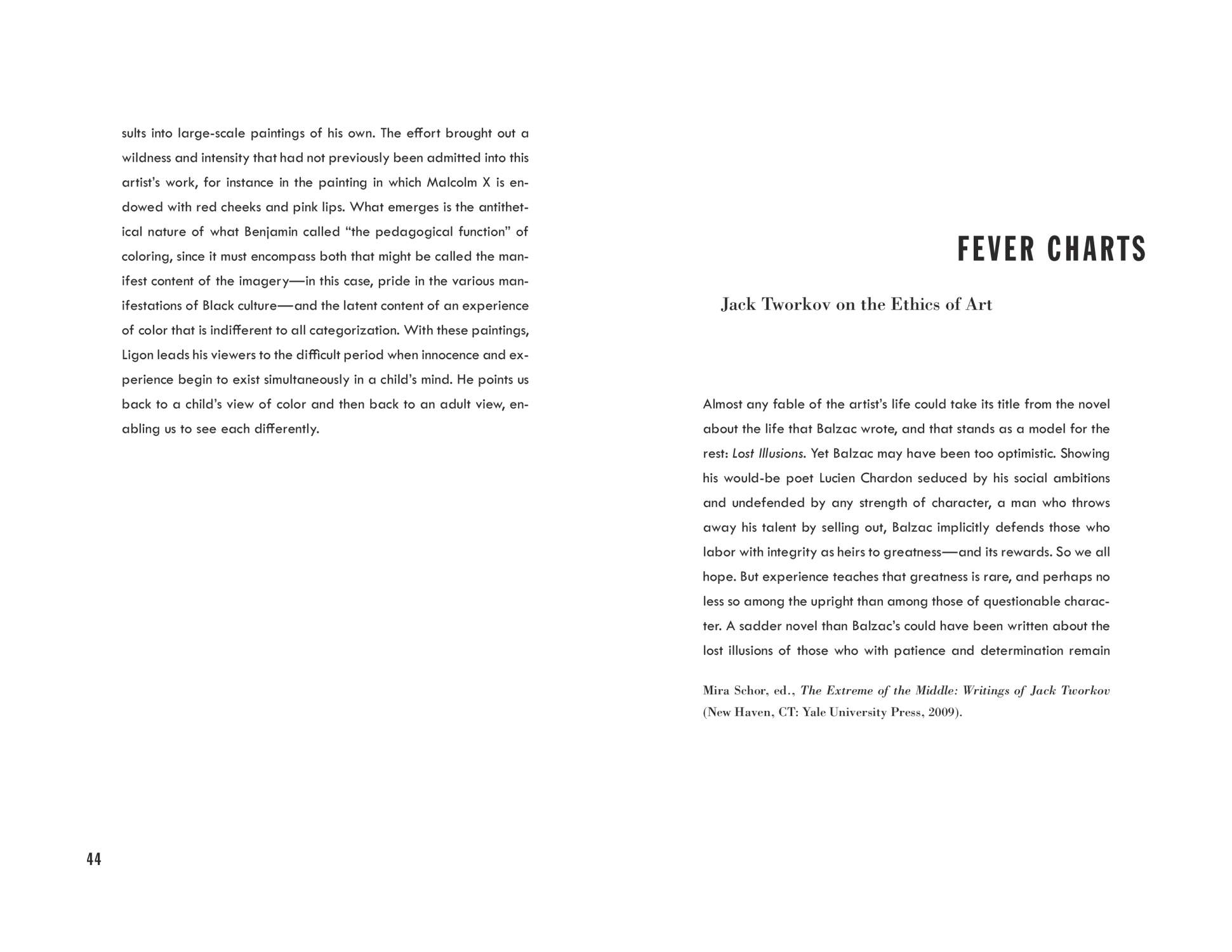
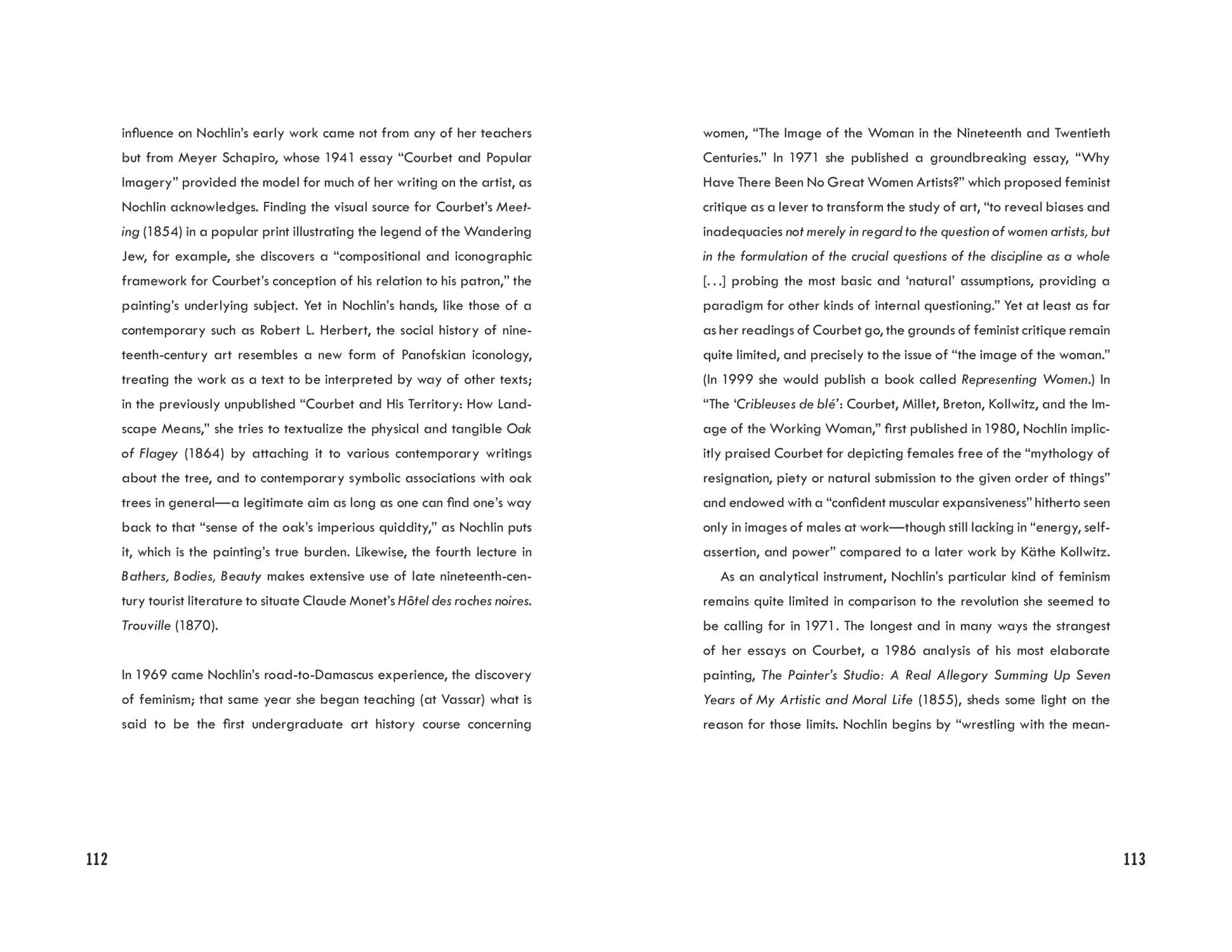
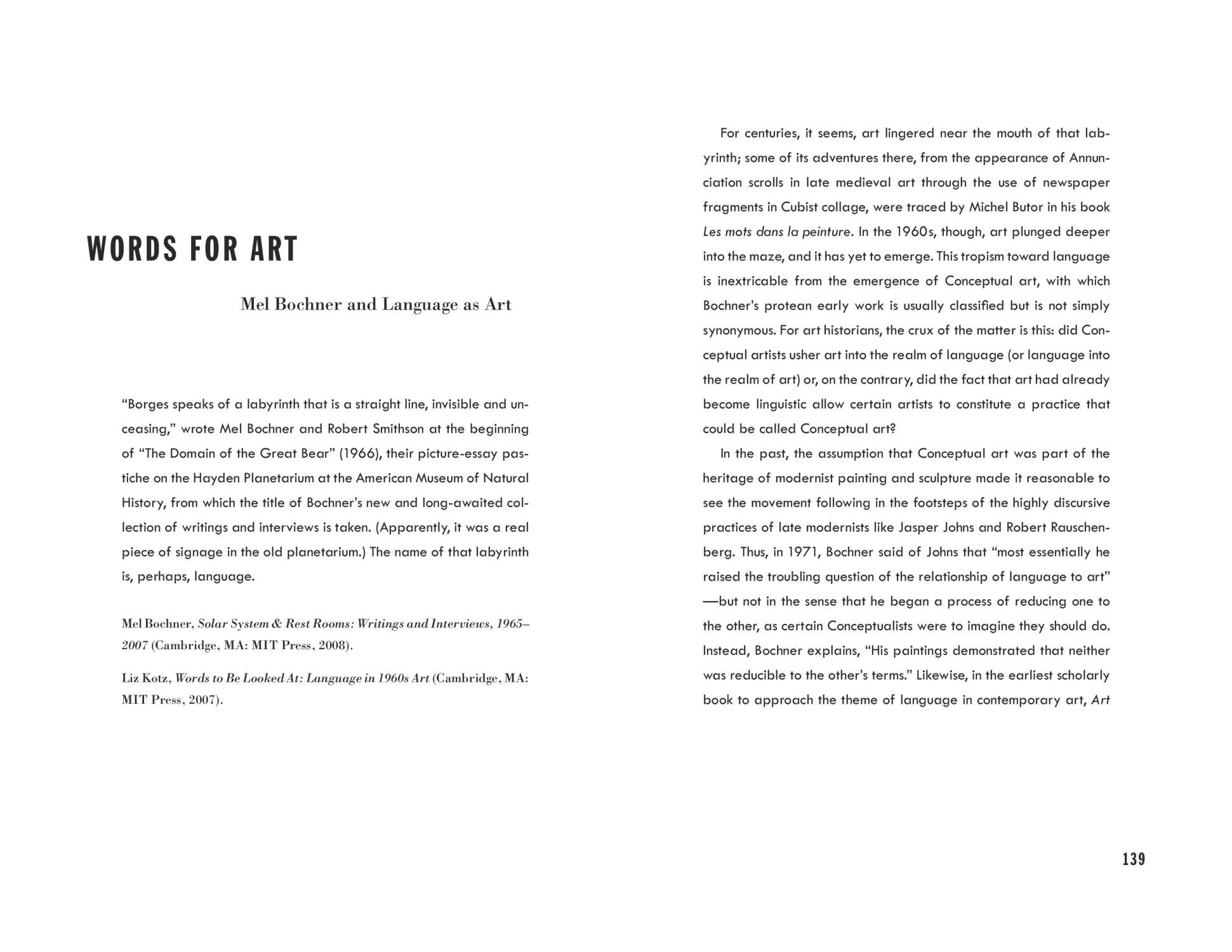
In this volume of short essays, Barry Schwabsky reveals himself to be a critic of uncommon range and erudition. Walter Benjamin’s views on color, E. H. Gombrich’s theory of perception, Mel Bochner’s and Liz Kotz’s narratives of Conceptualism, and Sarah Thornton’s peregrinations in the “art world” are but a few of the topics explored in this volume. In an era of hyper-specialization and rigid academic protocols, Schwabsky revives a form of criticism one imagined barely existed— a criticism of varied interests and passionate opinions.
By weaving together evocative and often uncharted episodes from art history, literature, and philosophy, a critical poetic emerges, and an offense of interference and reworked perspectives surfaces from Schwabsky’s essays. Unconcerned with categorical methodologies or totalizing approaches to criticism, Schwabsky writes with nonsequential energy that obliges both artists and critics to complexity, curiosity, and courage.
Like many of the best critics, Schwabsky has the ability to describe things so precisely that no explicit evaluation is necessary. Every time an idea is introduced, it is allowed to hold the reader’s attention for the time it takes to ground a judgment, and no longer. This gentle rhythm gives the essays an unillusioned clarity and undogmatic authority rarely found in writing about art.